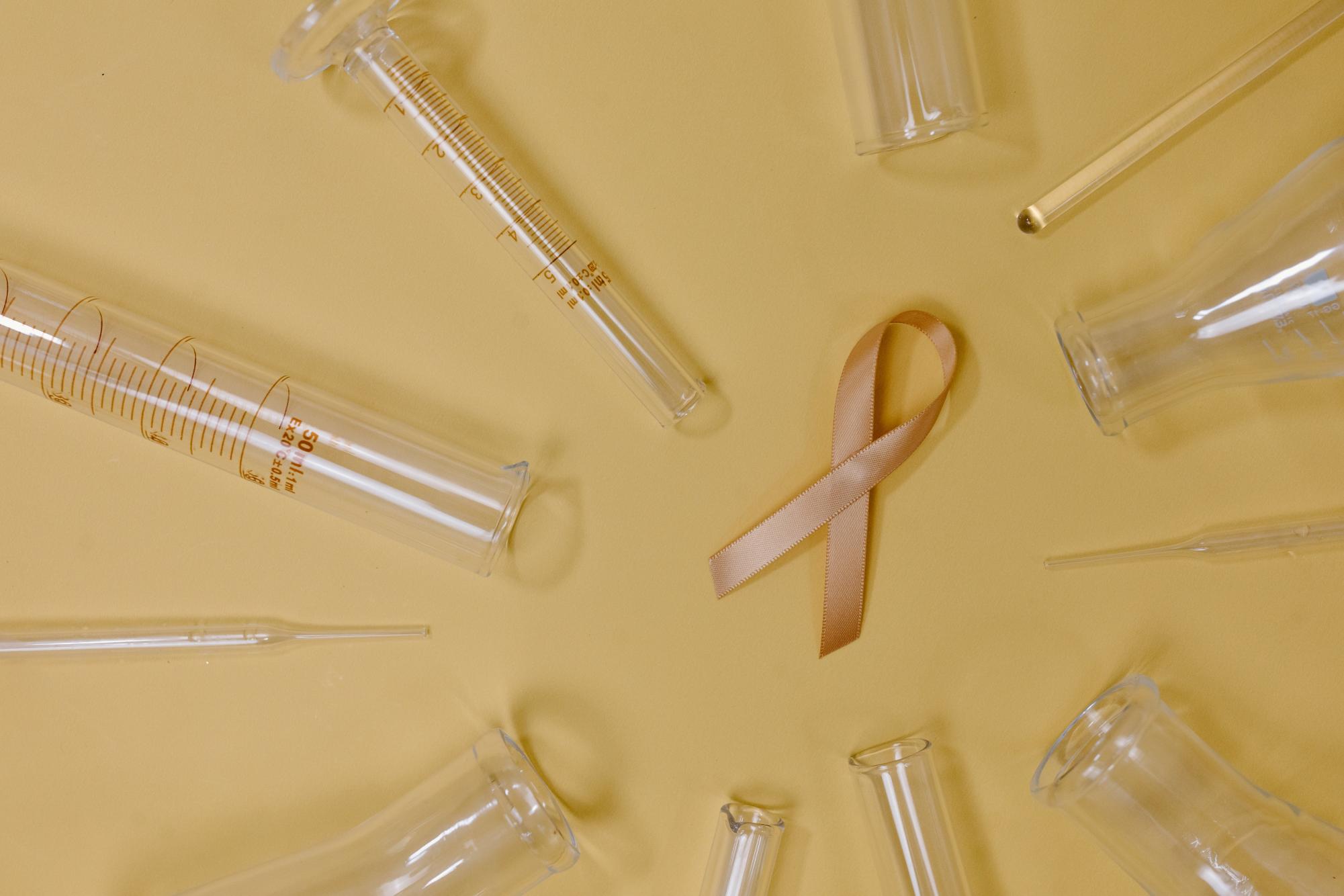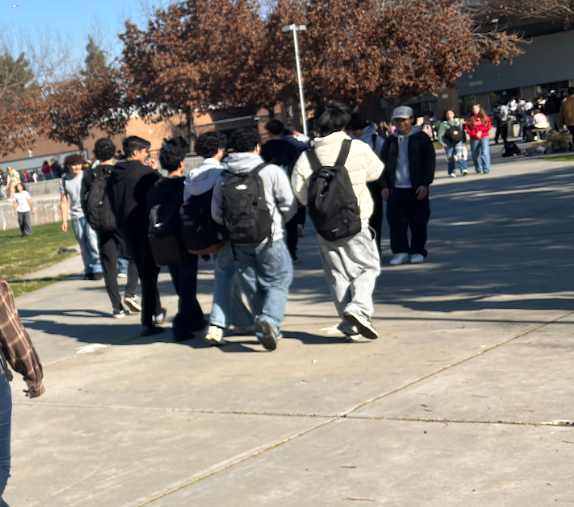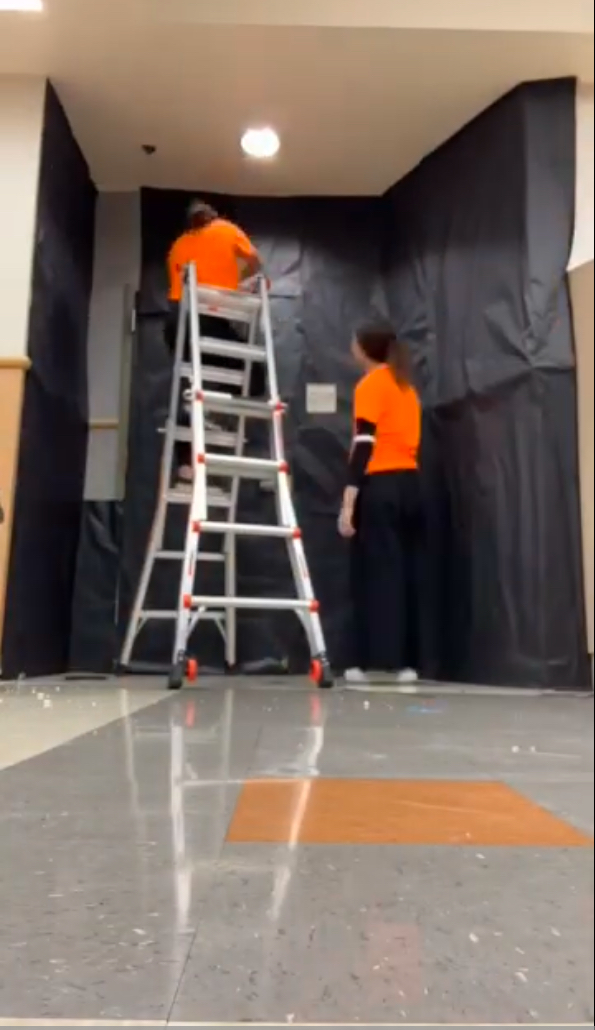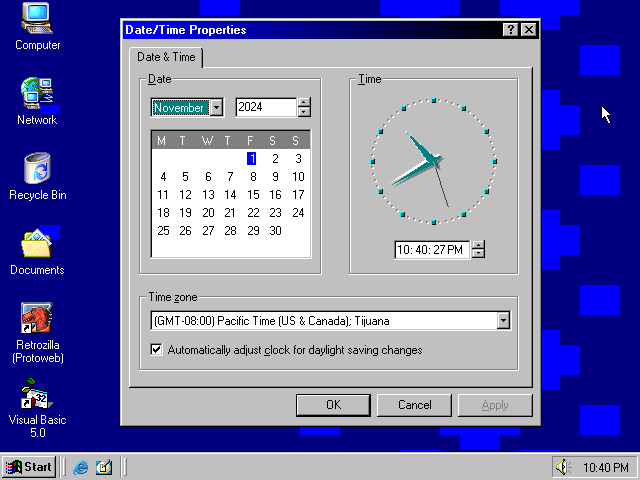If you didn’t know already, October is breast cancer awareness month. While November is creeping up, I thought it would be a good idea to provide some information about breast cancer awareness. I have also interviewed a former patient who’s beaten it and included their journey.
In the United States, National Breast Cancer Awareness Month is an annual international health campaign. Just as the name suggests, it is meant to raise awareness about breast cancer. A way to show your support is by wearing the color pink, donating to breast cancer research organizations, or just by sharing information with your peers. About 24,000 cases of breast cancer are diagnosed in women in the United States each year. Though it is not as common in men, it doesn’t mean they aren’t affected by it either. About 2,100 men in the United States are diagnosed with breast cancer each year. It is commonly found in women who are 50 years old or older. Many women with breast cancer have no symptoms, which is why regular breast cancer screenings and mammograms are important in finding it in its early stages. When patients take chemotherapy treatments, the process is divided into cycles. They take an average of 4 to 6 treatments where they would have to go to the hospital for the day every three weeks. Doxorubicin is one of the strongest, most effective chemotherapy and can be used to treat a wide variety of cancers, breast cancer included.
A woman had felt a small lump on the left side of her chest bone. It was about the size of a cherry and the skin appeared darker than usual. The typical check-up starts at 40 years old for a mammogram, and she went at 41 years old. She didn’t suspect much because of its size and there was no former family history of breast cancer. At the mammogram the specialist told her she would need to have a biopsy. These events took place during COVID-19, so it longer than usual to get an appointment. A few days after her biopsy, she was called and informed that she had invasive ductal carcinoma(a cancer that happens when abnormal cells growing in the milk ducts change and invade breast tissue beyond the walls of the duct, according to Hopkins Medicine). It was stage 3, grade C, meaning that it was potentially life-threatening to her. It took her almost 4 months to get chemotherapy. From the time she found out she had breast cancer to the time she started getting treated, the tumor grew from 2cm to 7cm; it was a fast growing tumor. The type of chemotherapy she was taking is called AC-T chemo. It lasted 5 months long, and within those months the tumor had shrunk. During this time as well, she took multiple medications to help with her pains and mental health. After she had finished taking chemotherapy, her hair started to grow back. Then she had 34 radiation sessions, one every week. Later, she had another biopsy on her right side. The doctors had found dense tissue, but it was benign, meaning it would not be harmful to her. The process was hard on her but she made it through. Her healthcare insurance had paid for her medical bills. She will have to take hormonal medications for another 10 years. Now, she is going through menopause, experiences sensitivity to light, joint pans, hot flashes, and is more emotional. She is in remission and every 6 months she will have a check-up.
When finding out about her cancer, she was worried what would happen to her son and family if she ended up losing to breast cancer and felt scared. But, she didn’t let cancer stop her from trying to spend as much time with her family as she could and traveled around the world. Recently, she ran a marathon and worked at a photo booth to support breast cancer awareness.
To the breast cancer patients, she would like to let them know that life is not over. It is just a diagnosis and there’s now modern medicine to help with any pain or worries. You should be your own advocate for medical purposes and speak up. Also, drink plenty of water.
For the families of the cancer patients, she would like for them to listen to the patient and see if they’d like to talk as well as give them a little bit of positive encouragement. Doing acts of kindness can help a patient feel better. Ways you can support breast cancer awareness are by volunteering and running marathons in support to help raise breast cancer awareness. Making Strides for Breast Cancer is a small foundation that you can use to find local events to support the movement.
Help spread breast cancer awareness and remember, “I love boobies!”








